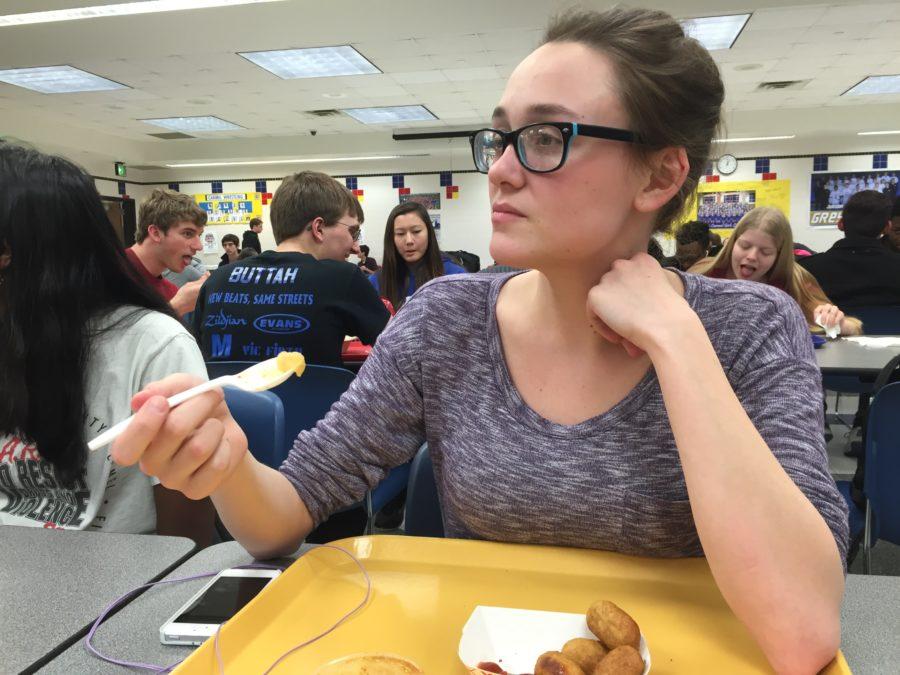
The next science department meeting will be April 21, according to department chairperson Jennifer Marlow.
“We’ll be discussing more, talking more about grading policies and coming to a consensus about (professional learning communities) with how to grade tests and what percentage should be based on tests, etc.,” Marlow said.
Also, according to Marlow and Sarah Gillim, botany, human anatomy and physiology and Chemistry I teacher, the botany classes will go on a field trip to Osborne Park on April 24. The students will help plant trees there. Gillim chose this trip to help show students the effect of what they have learned as well as let them learn about different types of trees firsthand.
“I think that it’s good for people to understand how trees affect our community and our lives in general and how important they are,” Gillim said. “This is also something that the students later can go back and say ‘Hey! I planted that tree!’ . . .It’s also a chance for them to go back later and see something that they’ve done that everybody can appreciate. Planting a tree is something that can last for generations beyond yourself, which I think is wonderful.”
Typically, the botany classes take a field trip. Last semester, Gillim said, the students visited the botanical gardens at Garfield Park. She also said the classes have visited various greenhouses in the past.
In the past few weeks, one student took the second round of the Physics Olympiad, four took the second round of the Biology Olympiad and a large group took the local Chemistry Olympiad exam. Also, human anatomy and physiology students visited a cadaver lab. Junior Megan Armstrong said the trip was a lot of fun.
“It’s kind of gross, but my favorite part was holding a person’s heart. I was there on (March 24) for the first session, which was 3:30 to 5. We were there for the cardio day, for day one,” Armstrong said. “The ribs were already cut through, so we were just looking at the lungs and the heart, and the patient had died of a heart attack, so we were looking at the heart to see if we could figure it out.”
Armstrong said the field trip and the class have helped her learn about the interactions of body systems. She said this is a good step for her, as she wants to go into biochemistry and medicine in college.
“I know that I want to do (biochemistry) in college with the intention of going into medical school. I know that’s a long way away for me, but right now, I like to think of it as the very first step in that process,” Armstrong said.















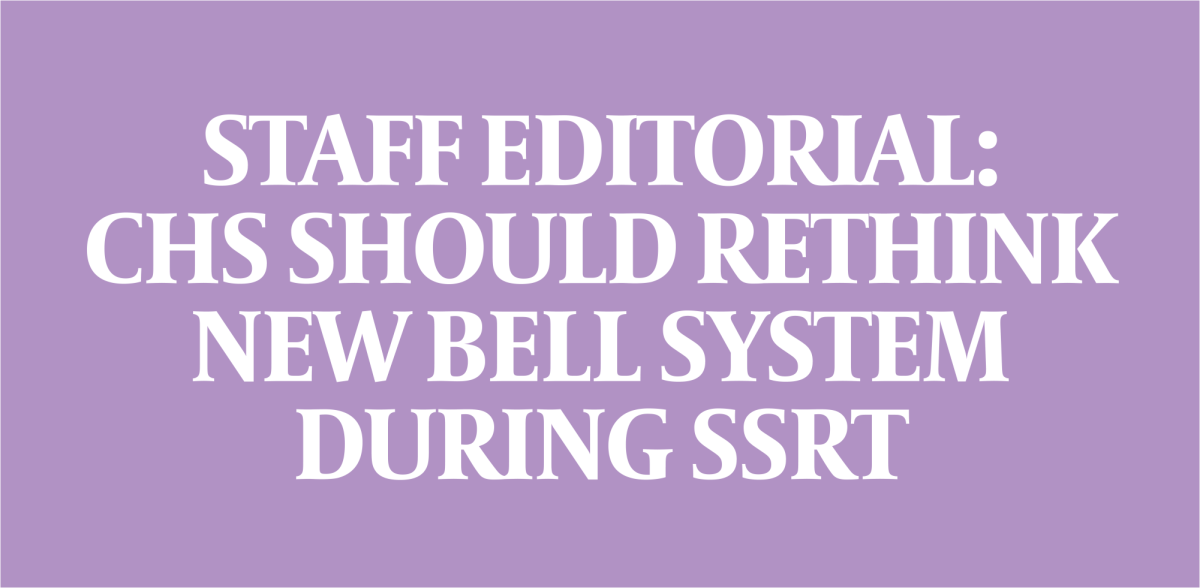
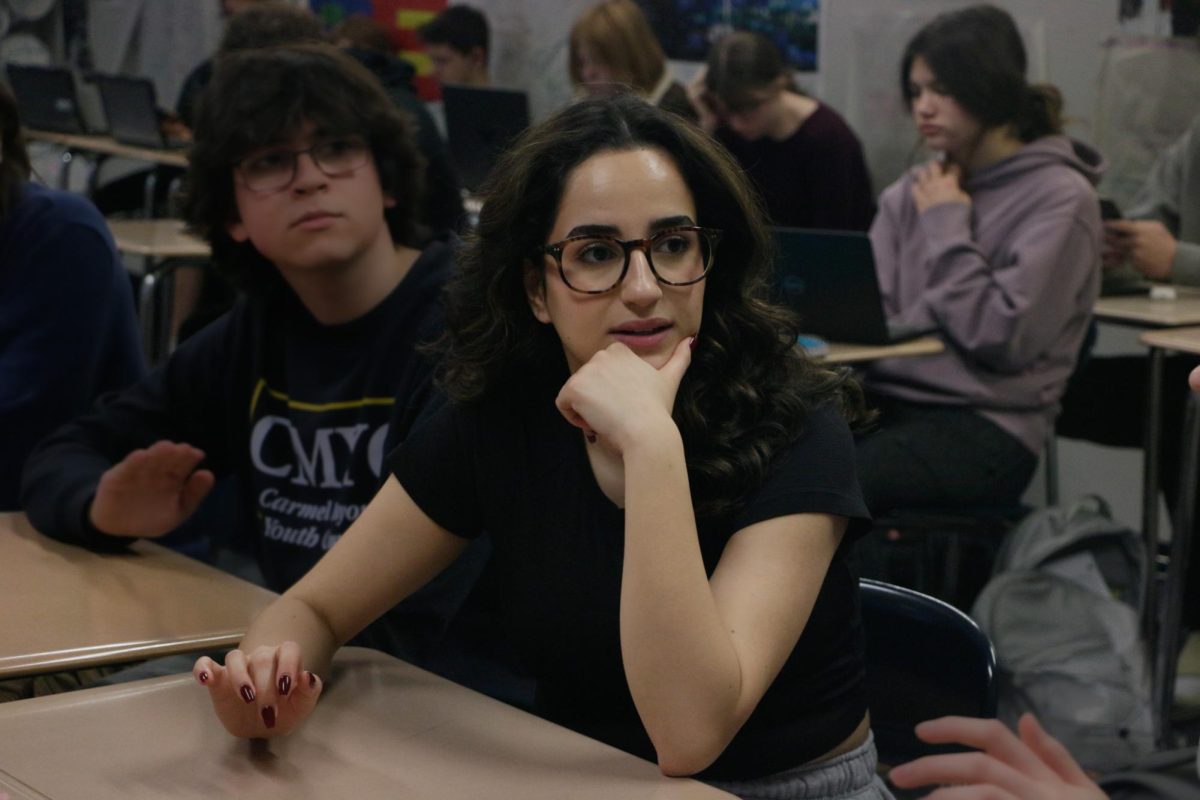

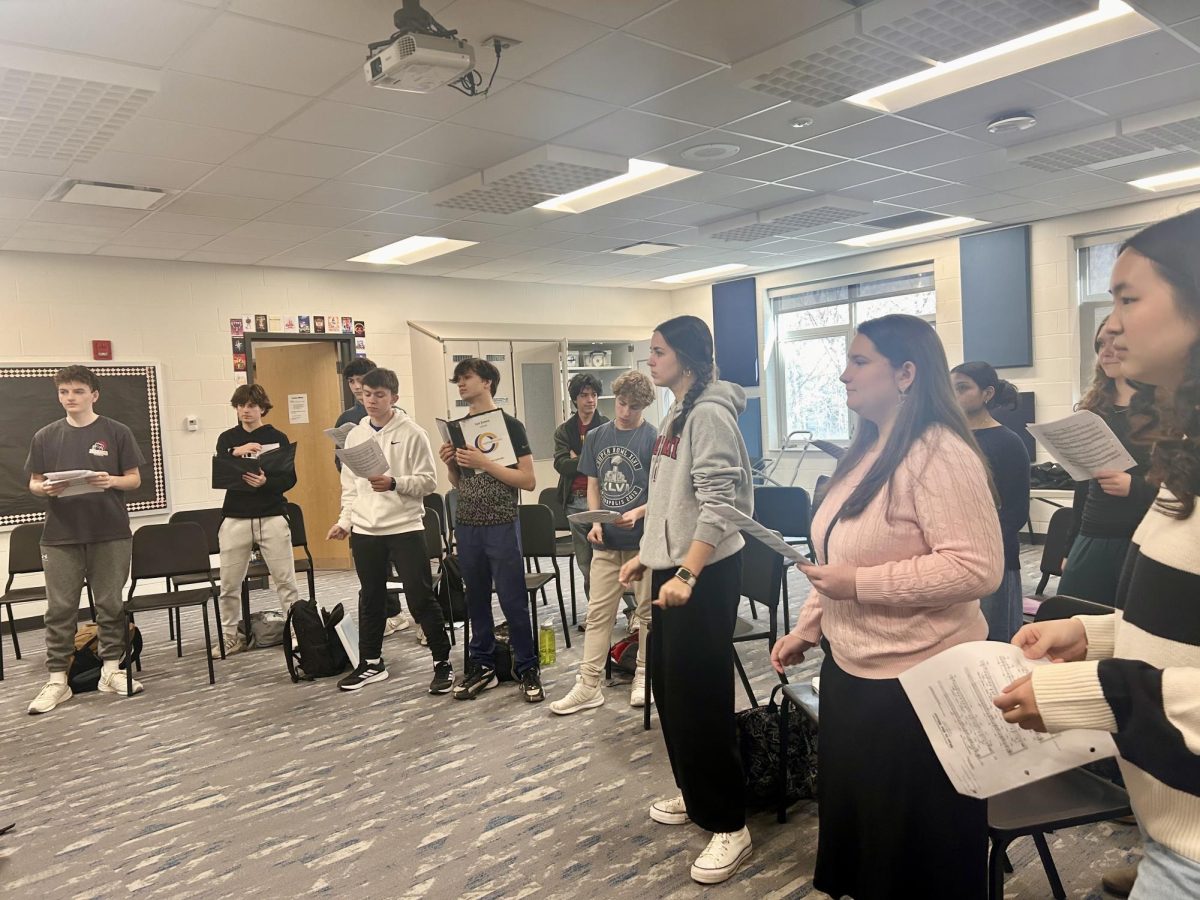

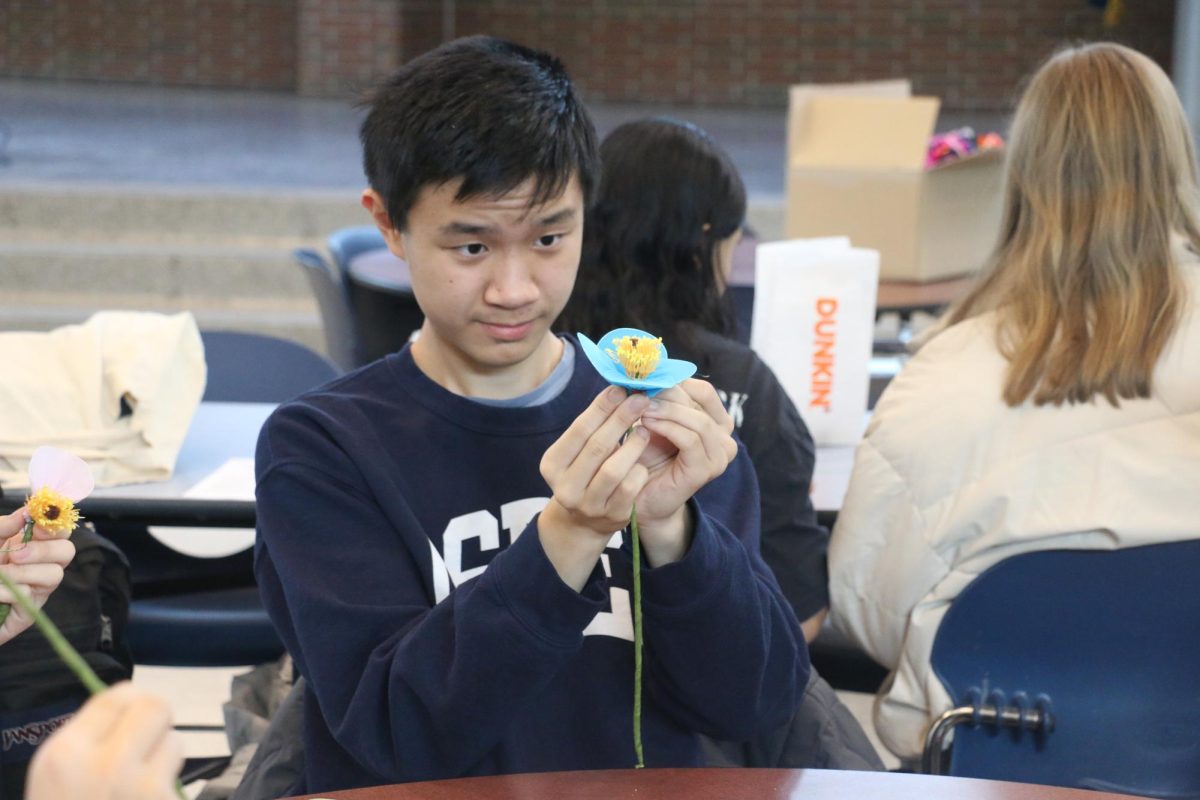




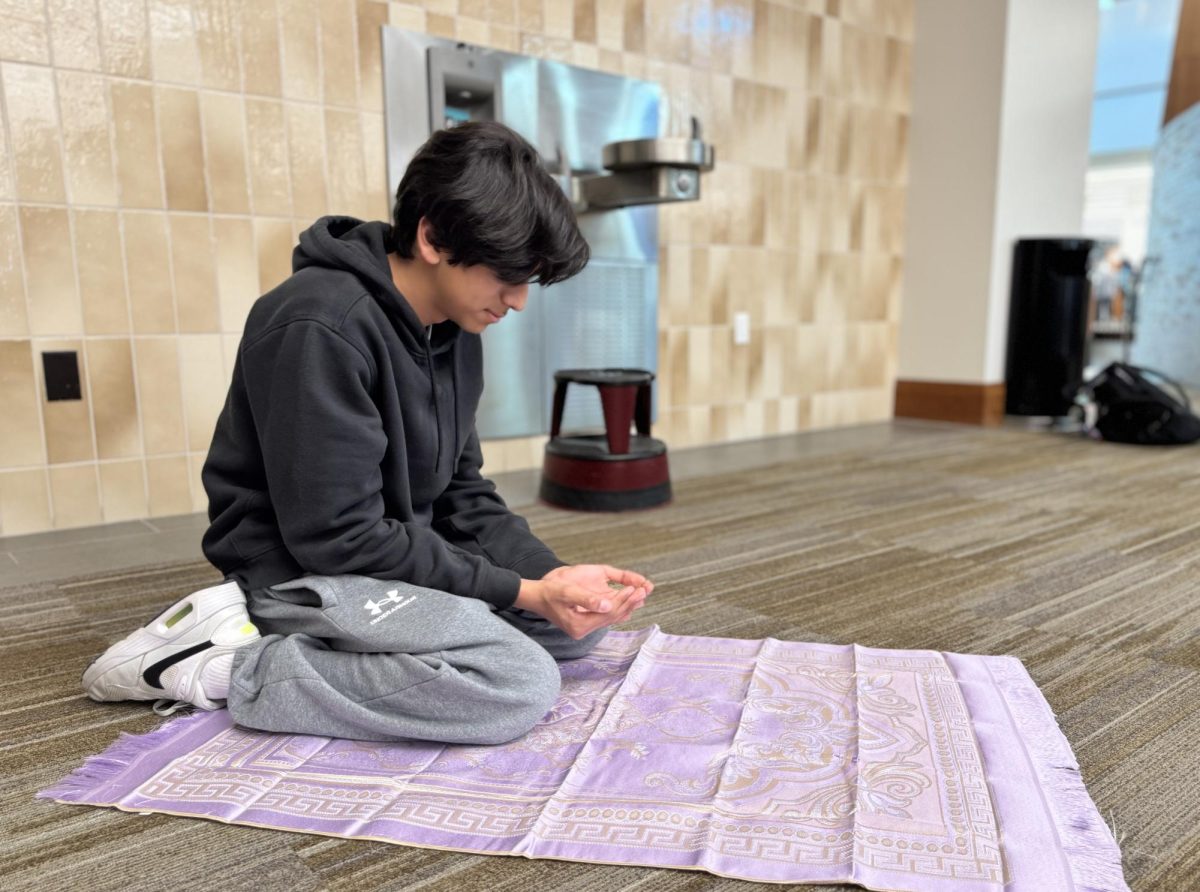





![AI in films like "The Brutalist" is convenient, but shouldn’t take priority [opinion]](https://hilite.org/wp-content/uploads/2025/02/catherine-cover-1200x471.jpg)


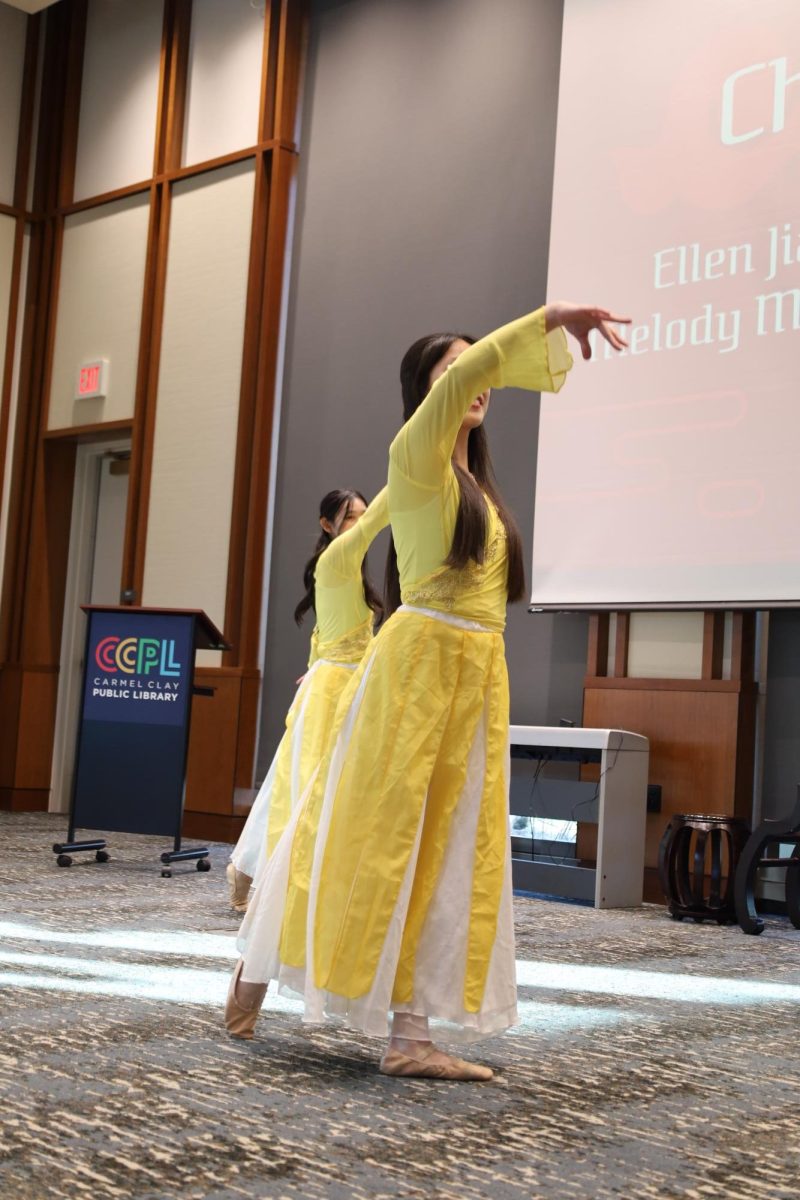










































![Review: “The Immortal Soul Salvage Yard:” A criminally underrated poetry collection [MUSE]](https://hilite.org/wp-content/uploads/2025/03/71cju6TvqmL._AC_UF10001000_QL80_.jpg)
![Review: "Dog Man" is Unapologetically Chaotic [MUSE]](https://hilite.org/wp-content/uploads/2025/03/dogman-1200x700.jpg)
![Review: "Ne Zha 2": The WeChat family reunion I didn’t know I needed [MUSE]](https://hilite.org/wp-content/uploads/2025/03/unnamed-4.png)
![Review in Print: Maripaz Villar brings a delightfully unique style to the world of WEBTOON [MUSE]](https://hilite.org/wp-content/uploads/2023/12/maripazcover-1200x960.jpg)
![Review: “The Sword of Kaigen” is a masterpiece [MUSE]](https://hilite.org/wp-content/uploads/2023/11/Screenshot-2023-11-26-201051.png)
![Review: Gateron Oil Kings, great linear switches, okay price [MUSE]](https://hilite.org/wp-content/uploads/2023/11/Screenshot-2023-11-26-200553.png)
![Review: “A Haunting in Venice” is a significant improvement from other Agatha Christie adaptations [MUSE]](https://hilite.org/wp-content/uploads/2023/11/e7ee2938a6d422669771bce6d8088521.jpg)
![Review: A Thanksgiving story from elementary school, still just as interesting [MUSE]](https://hilite.org/wp-content/uploads/2023/11/Screenshot-2023-11-26-195514-987x1200.png)
![Review: "When I Fly Towards You", cute, uplifting youth drama [MUSE]](https://hilite.org/wp-content/uploads/2023/09/When-I-Fly-Towards-You-Chinese-drama.png)
![Postcards from Muse: Hawaii Travel Diary [MUSE]](https://hilite.org/wp-content/uploads/2023/09/My-project-1-1200x1200.jpg)
![Review: "Ladybug & Cat Noir: The Movie," departure from original show [MUSE]](https://hilite.org/wp-content/uploads/2023/09/Ladybug__Cat_Noir_-_The_Movie_poster.jpg)
![Review in Print: "Hidden Love" is the cute, uplifting drama everyone needs [MUSE]](https://hilite.org/wp-content/uploads/2023/09/hiddenlovecover-e1693597208225-1030x1200.png)
![Review in Print: "Heartstopper" is the heartwarming queer romance we all need [MUSE]](https://hilite.org/wp-content/uploads/2023/08/museheartstoppercover-1200x654.png)


